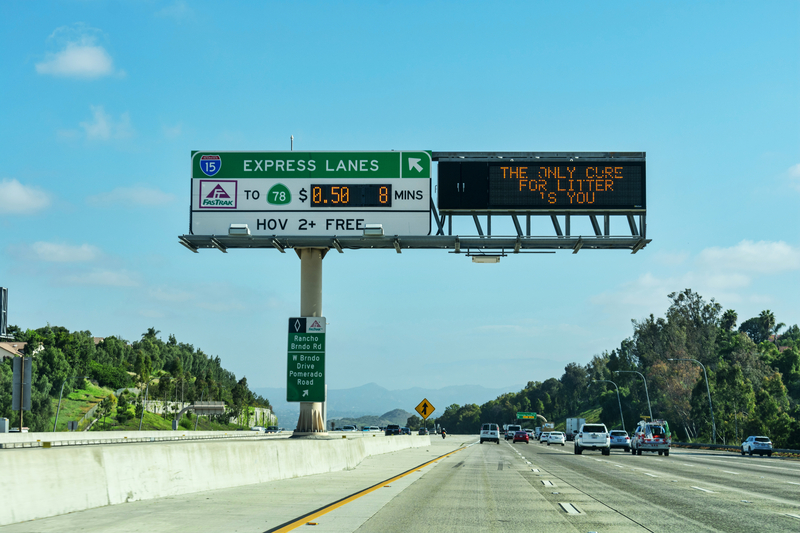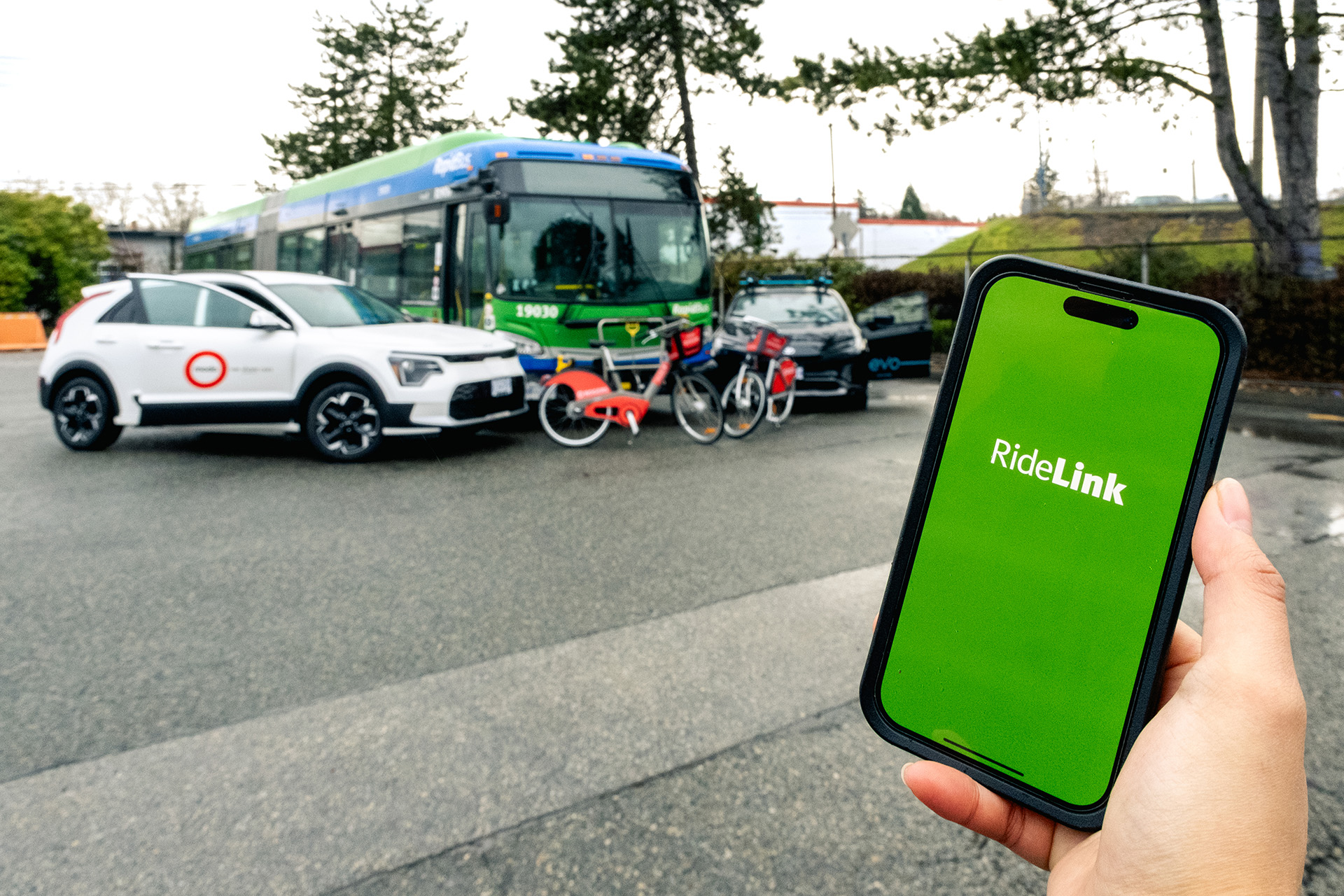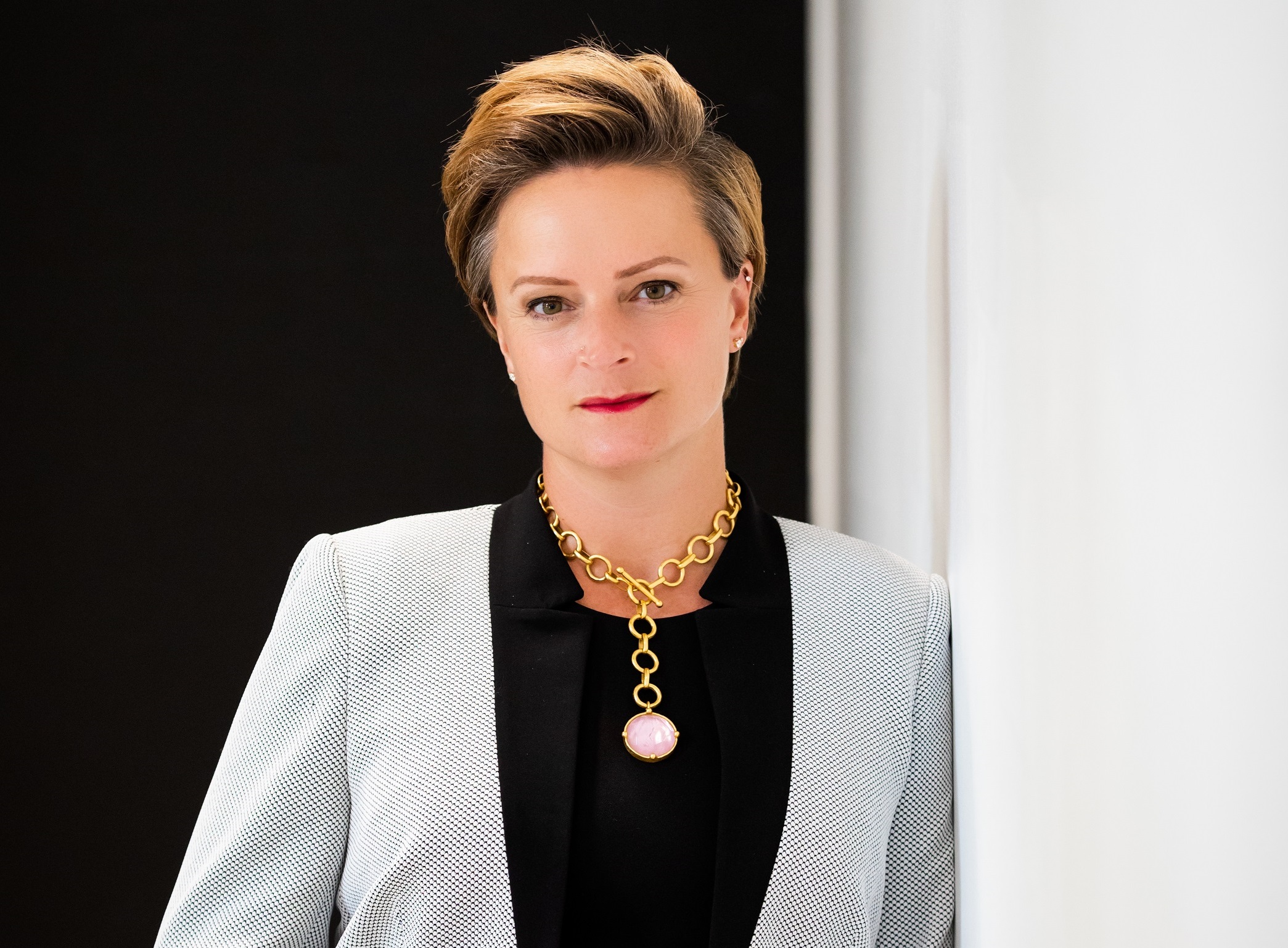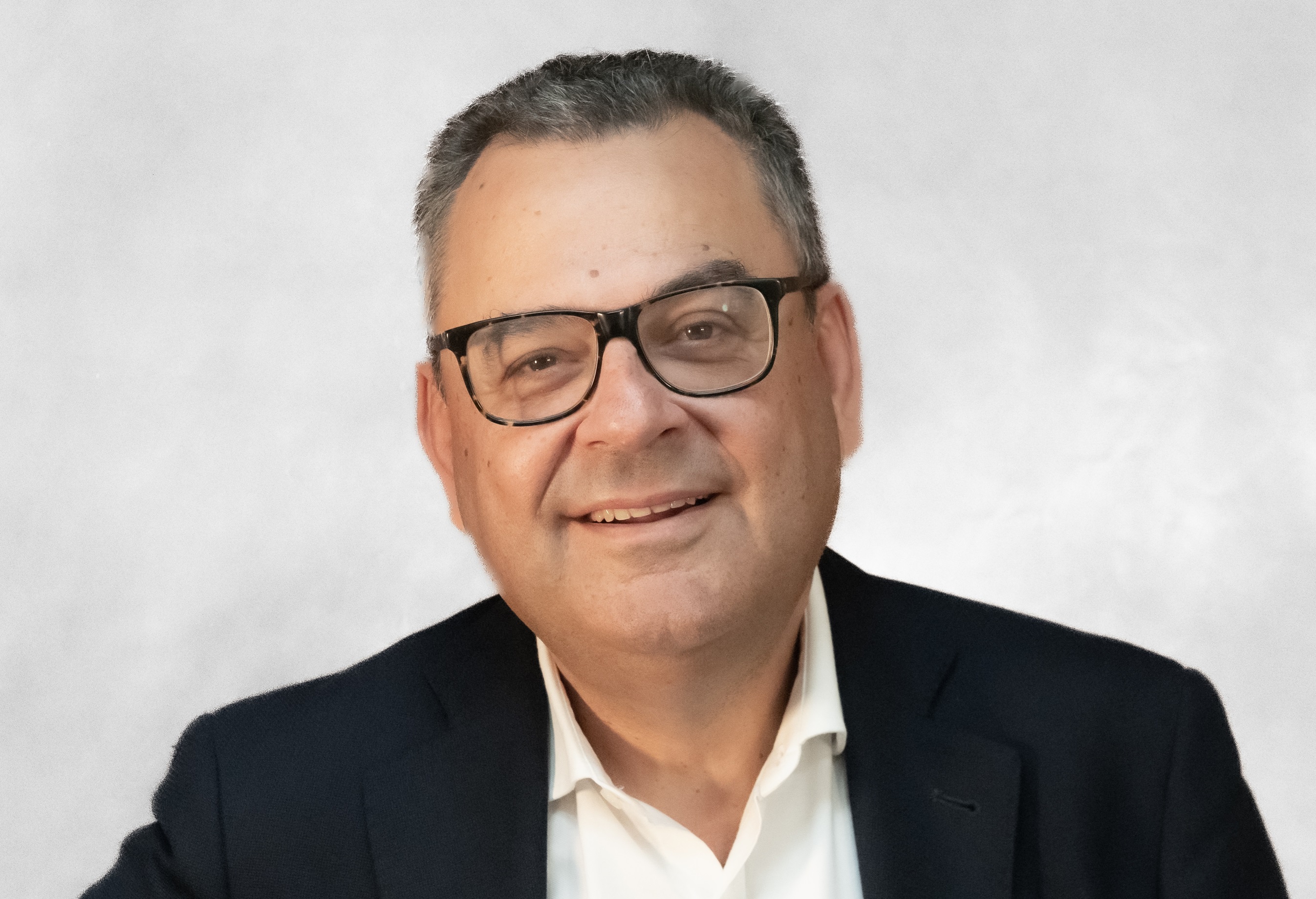
What attracts investors to ITS?
In the last few years, trade investors have mainly attempted to create global ITS champions through:
(1) Geographic expansion: Swarco’s acquisition of McCain in the US in 2016, Abertis’ acquisition of RCO in Mexico in 2019, ST Engineering’s acquisition of US-based TransCore in 2021; PTV’s acquisition of Econolite in the US and Via’s acquisition of CityMapper in 2022. In 2023, a major transaction was Vinci’s acquisition of Entrevias in Brazil.
(2) Entry into a new segment: Swarco’s acquisition of Dynniq and Vinci’s acquisition of Sice, Verra Mobility’s acquisition of T2 Systems in 2021.
(3) Consolidation: TagMaster’s acquisition of Citylog and Vinci’s acquisition of Sice in 2021 and Easypark’s acquisition of Flowbird Group in 2023.
As far as financial investors are concerned, they have been looking to acquire companies that:
(1) Provide exposure to growing infrastructure-related operations & services markets, e.g. road charging/tolling
(2) Combine a recognised technology/solution differentiation with strong involvement in services,
(3) Have an increased share of recurring revenues and long term contracts.
Most notable transactions by financial investors in the solutions market include Quarterhill’s acquisition of International Road Dynamics in 2017, Bridgepoint’s acquisition of PTV in 2021; Hig Capital’s investment in Eysa and (through Eysa) Tecsidel and Atlantia’s purchase of Yunex in 2022.
“The winners are often the first to find the right model, which consists of a technology but also an end-to-end solution and a business model”
In 2023, one of the most interesting transactions was Q-Free’s acquisition by Guardian Capital. In the services market, the most notable recent transaction was Partners Group’s investment in Telepass for more than €1 billion in 2020.
We have seen also significant investment from large infrastructure and pension funds into road concessionaires, e.g. Dutch pension fund APG, South Korea’s National Pension Service and Swiss Life unit Slam’s investment into Brisa in 2020. Or Blackstone’s and Macquarie’s joint investment (with CDP) into Autostrade in 2022.
Where do you see the potential for growth?
We have identified 17 key segment growth opportunities in the market, some of them only in certain regions of the world.
For example, the enforcement market for cities. This has been the sweet spot of companies like Verra Mobility and TagMaster. Initially focused on parking, we are seeing an increasing number of application domains, notably around the ‘greenification’ and traffic management of the city.
In the future, access control, low-emission zones and congestion charging schemes will become even more present. High-occupancy vehicle (HOV) lanes, once only in North America, could also take off in Europe. They are about to be implemented on the ring road of Paris, for example.
“We are seeing an increasing number of application domains, notably around the ‘greenification’ and traffic management of the city”
Another very attractive opportunity will be around GNSS-based road usage charging. Based on our recent market analyses, we see four new European countries currently implementing GNSS tolls for trucks. And we expect seven more countries to join them in the next 10 years. The model has also major growth potential potential in the US, as our recent RUC USA Report highlighted.

A third one will be smart parking. This is a market that is still mostly based on physical payments. We believe that the market is now maturing towards digital solutions, either through smart phones or connected vehicle payments. This explains last year's simultaneous acquisition of Flowbird Group by EasyPark Group and PayByPhone’s acquisition by FleetCor.
What sort of money are we talking about in the market as a whole?
It’s a challenge to evaluate exactly how much money is flowing into the business as many buyers do not reveal the transaction values. However, we would suggest a typical range of $3-4 billion per year in the ITS solutions business.
Last year, thanks to the acquisition of TransCore by ST Engineering for $2.7 billion, was on the high side of this amount. On the road operation side, transactions are more scarce but reach amounts typically upwards of $1 billion. We would estimate the annual average at approximately $4-5 billion.
Are particular ITS technologies attractive?
There are certainly generic investment themes around video (e.g. ANPR), data management and artificial intelligence, GNSS, connected vehicle data, vehicle electrification, smartphones, etc. Some are more uncertain, such as Vehicle to Everything (V2X), because they require a very high investment in infrastructure without a quick return. It could happen if there is a regulatory mandate.
Overall, our experience is that the winners are often companies that are the first to find the right model, which consists of a technology but also an end-to-end solution and a business model.
How do companies identify potential targets for investment and acquisition?
You need a combination of market expertise, and strategic and financial delivery capabilities. Some rely on their own M&A unit while others are assisted by specialised consulting firms.
Is there a danger of an investment 'bubble' in ITS?
Of course, there is always a risk of over-investment, particularly if the growth rates disappoint. But the increase in interest rates is increasing the cost of capital and raising the bar for all investors, which will reduce valuations in the very short term.
In the long run, we believe there is a need for much more consolidation in the solutions supply globally. We conducted an industry-wide analysis of profitability and it was striking that many solutions providers are still not generating acceptable profitability.Many are losing money. In the road operation business itself, buyers are much more focused on financial ratios, which reduces the risks of overpaying.
ABOUT THE AUTHORS
Frederic Bruneteau is MD of Ptolemus Consulting Group, and Alberto Lodieu is senior manager












